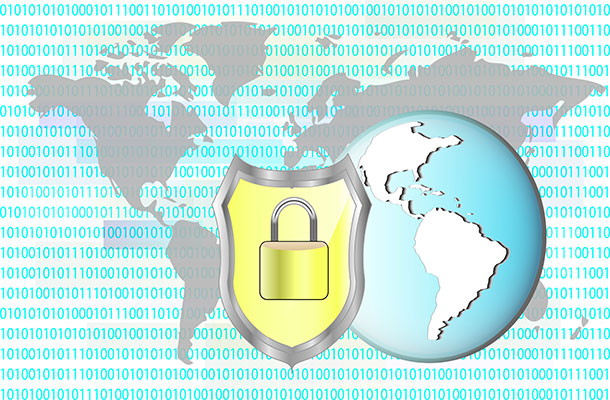South-East Asia possesses a population of around 600 million people; of these, there were 203 million internet users in South-East Asia at the end of 2014. While the share of internet users varies by country (Myanmar’s internet penetration equates around 1.2%, whereas in Singapore it is around 80%), there is no doubt that internet use in South-East Asia is set to experience significant growth in coming years.
E-commerce in South-East Asia today is relatively underdeveloped, accounting for less than 1% of retail purchases, in contrast with 6 to 8% in Europe. However, a study undertaken by AT Kearney predicts that as purchasing power parity in the region increases and internet penetration spreads, online retail in South-East Asian markets could rise by around 25% annually.
What does this mean for your business?
There are undoubtedly many reasons to be cheerful at the prospect of rising e-commerce trends in South-East Asia. Not only will this provide European SMEs with opportunities to expand in a region with rising consumer demands, but it also offers the chance to do this relatively cheaply, without the start-up costs associated with opening a physical office.
However, there are several challenges that European SMEs should be aware of when establishing their virtual gateway into the South-East Asian market.
Domain name infringement
Domain name infringement exists in many forms. The most common ways that third parties tend to infringe domain name/s are:
- cybersquatting: registering domain names that are identical to your company’s product or trade mark names, with the purpose of selling the domain names back to you (the rightful owner) at a premium price
- false affiliation: criminals presenting themselves as authorised resellers
- phishing: attempting to acquire credit information and usernames via electronic communication (fraudulent e-mails containing fake links). The term ‘phishing’ is a portmanteau of ‘password’ and ‘fishing’
- slamming: fraud whereby resellers of domain name registrars contact European companies, claiming that another client of theirs has requested the registration of domain names identical to your trade mark or company name. Their objective is to encourage you to place a domain name registration using their company
- traffic diversion: using a typosquatted domain name to redirect traffic intended for your website
- typosquatting: registering domain names that are either visually similar to your domain name or are mistyped (one key off on the keyboard). E.g. If www.Europe.eu is the domain name, www.europ.eu could be the typosquatted domain (visually similar); or if www.Europe.eu is the domain name, www.Eurupe.eu could be the variant (the letter ‘i’ is close to ‘o’ on the keyboard and might thus be a common misspelling). Omitting or doubling characters also counts as typosquatting
Take-away messages for EU SMEs
- register domain names in potential future markets in South-East Asia before establishing your business there. This can save considerable time and money later on, and can also act as a value-adding business strategy
- domain names in South-East Asia generally operate under a first-to-file (F2F) system, which grants the right to a domain name to the person who files it first – regardless of the date of its invention
- not all countries in the ASEAN region offer domain name arbitration – to save time and money it is advisable to do some research before entering your destination country
- a domain name registration typically costs 50 to 100 euros per year; the price of one domain name dispute typically equals the price of 10 domain name registrations
Learn how to register a domain name, choose a registrar, and recover an infringed domain name in South-East Asia using our e-learning module and our guide to online IPR in South-East Asia.
To keep in touch, sign up to email updates from this blog, or follow us on Twitter.

2 comments
Comment by Kirsty Edwards posted on
Hi Christian,
I'm glad you found this article useful...I did too! Not specifically domain names, but we do encourage our customers to seek advice on any misleading mail with regards to offering services to help protect IP rights. https://www.gov.uk/government/collections/warning-misleading-invoices
You may also be interested in this - https://gds.blog.gov.uk/startatgovuk/
Comment by Christian Browne posted on
I agree you have to be really careful with acquiring domain names outside your own jurisdiction. I have received some "slamming" mail from companies based in China which do exactly as this article states. They have written stating that a client of theirs has requested registration of a domain name incorporating our company name, namely Summerfield Browne. I was unaware of the significance of such correspondence prior to reading this article, so a useful bit of know-how learned. Previously I just dismissed such mail and I guess that is still the most appropriate action.
Christian Browne